Search Results
Showing results 1 to 20 of 22
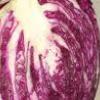
pHun with Cabbage
Source Institutions
In this chemistry activity, learners will test the pH of various foods and household substances using cabbage.
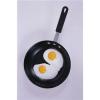
Biochemistry Happens Inside of You!
Source Institutions
In this four-part activity, learners explore how the body works and the chemistry that happens inside living things.
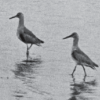
Flocking for Food
Source Institutions
In this outdoor beach activity, learners use a variety of "beaks" (such as trowels, spoons or sticks) to hunt for organisms that shore birds might eat.
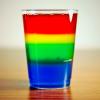
Rainbow Density Experiment
Source Institutions
In this colorful activity (page 6 of the PDF), learners will make a multicolor density column by using different concentrations of sugar solutions.

Starting Your Container Garden
Source Institutions
This guide outlines how to plant a garden even if you don't have a yard!
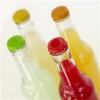
Tasty Visions
Source Institutions
In this activity (5th activity on the page), learners explore how what you see influences taste. In experiment 1, learners taste five sodas, one of which is clear soda with orange food coloring.
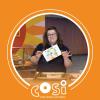
Shaving Cream Marbling
Source Institutions
In this activity, learners will create beautiful greeting cards by marbling with shaving cream and food dye. They will explore the chemistry behind the art of marbling.
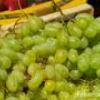
Push Me a Grape
Source Institutions
In this physics activity, learners experiment with the attractive and repulsive power of magnets.
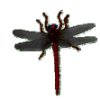
Going Buggy: Three Body Parts
Source Institutions
In this fun snack and craft activity, young learners make "Ants on a Log" and their own model of an insect. The purpose is to learn the three main insect body parts—head, thorax and abdomen.
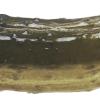
Glowing Pickle
Source Institutions
In this activity, high voltage is applied across a pickle to emit a yellow glow. This activity should only be conducted by skilled adults and is best suited as a demonstration.
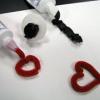
Extruding
Source Institutions
This activity was designed for blind learners, but all types of learners can explore the process of extrusion used to produce pipes and wires in industry.
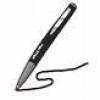
Edible Ink
Source Institutions
In this chemistry activity (page 6 of the PDF), learners observe a chemical change. Learners write and reveal a secret message using edible ink.

Chemistry Cake
Source Institutions
In this exciting and tasty chemistry activity which requires adult supervision, learners explore how chemistry affects a simple everyday activity like cooking.
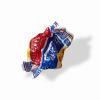
Wrap It Up!
Source Institutions
In this Energy and Environment activity (page 9 of the PDF), learners calculate the mass of a piece of gum, compare it to the mass of the gum's packaging, and then create a bar graph of the results.
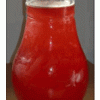
What's So Special about Water: Solubility and Density
Source Institutions
In this activity about water solubility and density, learners use critical thinking skills to determine why water can dissolve some things and not others.
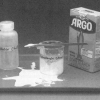
Starch Slime
Source Institutions
Learners mix liquid water with solid cornstarch. They investigate the slime produced, which has properties of both a solid and a liquid.
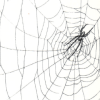
Web It!
Source Institutions
In this outdoor activity, learners investigate spider webs and feeding behavior, particularly how spiders trap food in their sticky silk webs while not getting stuck themselves.
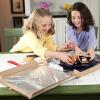
Cook with a Solar Oven
Source Institutions
In this activity, learners make their own solar oven to bake s'mores and learn about how solar energy is absorbed on Earth.
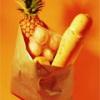
Design and Build a Better Candy Bag
Source Institutions
In this activity, learners explore how product design differences can affect the success of a final product -- in this case a bag for holding candy.
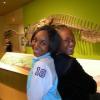
Bone Identification
Source Institutions
This activity (page 3 of the PDF under SciGirls Activity: Dinosaurs) is a full inquiry investigation into fossil hunting and identification.
